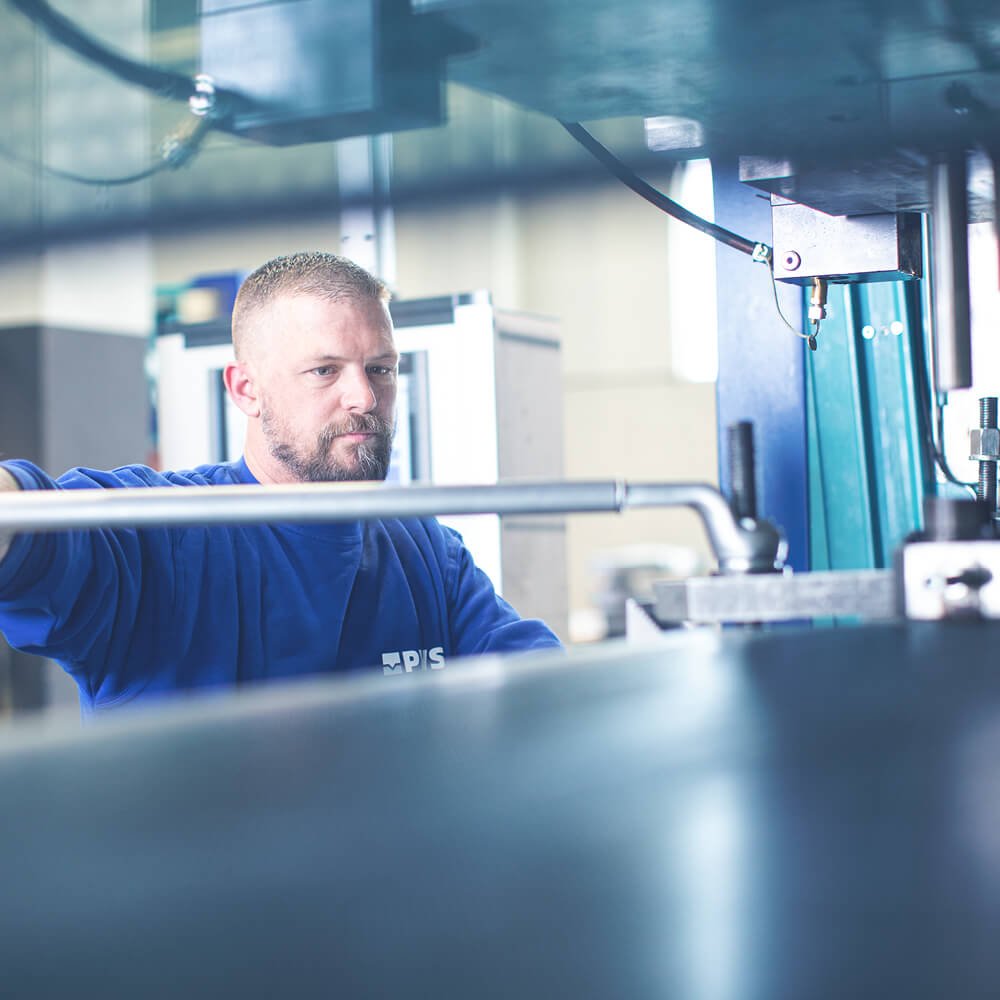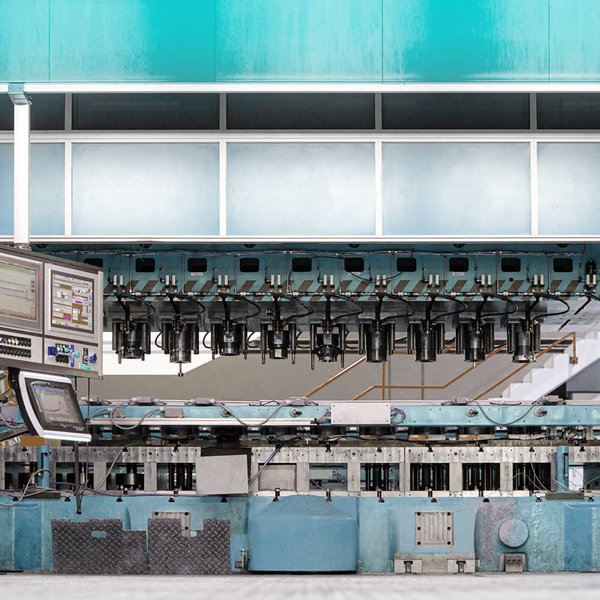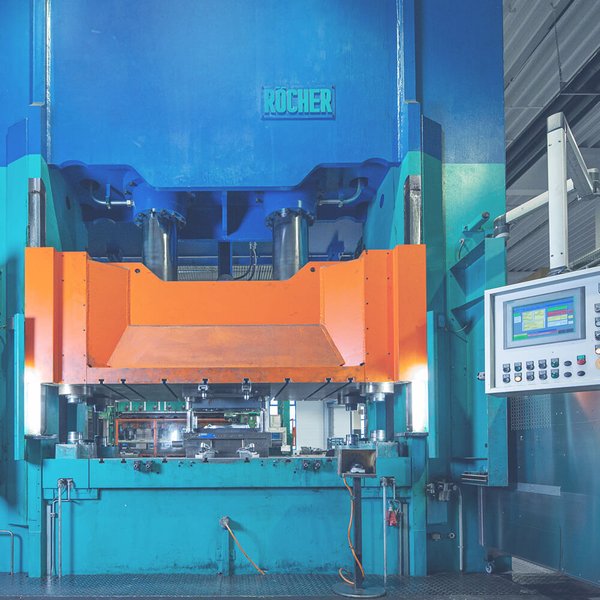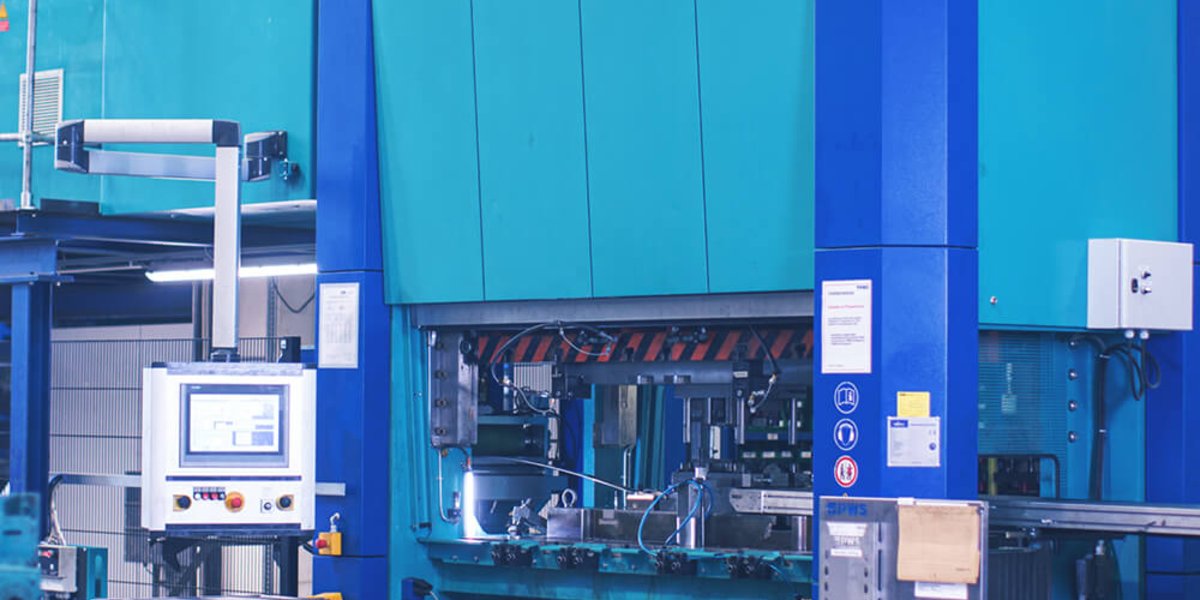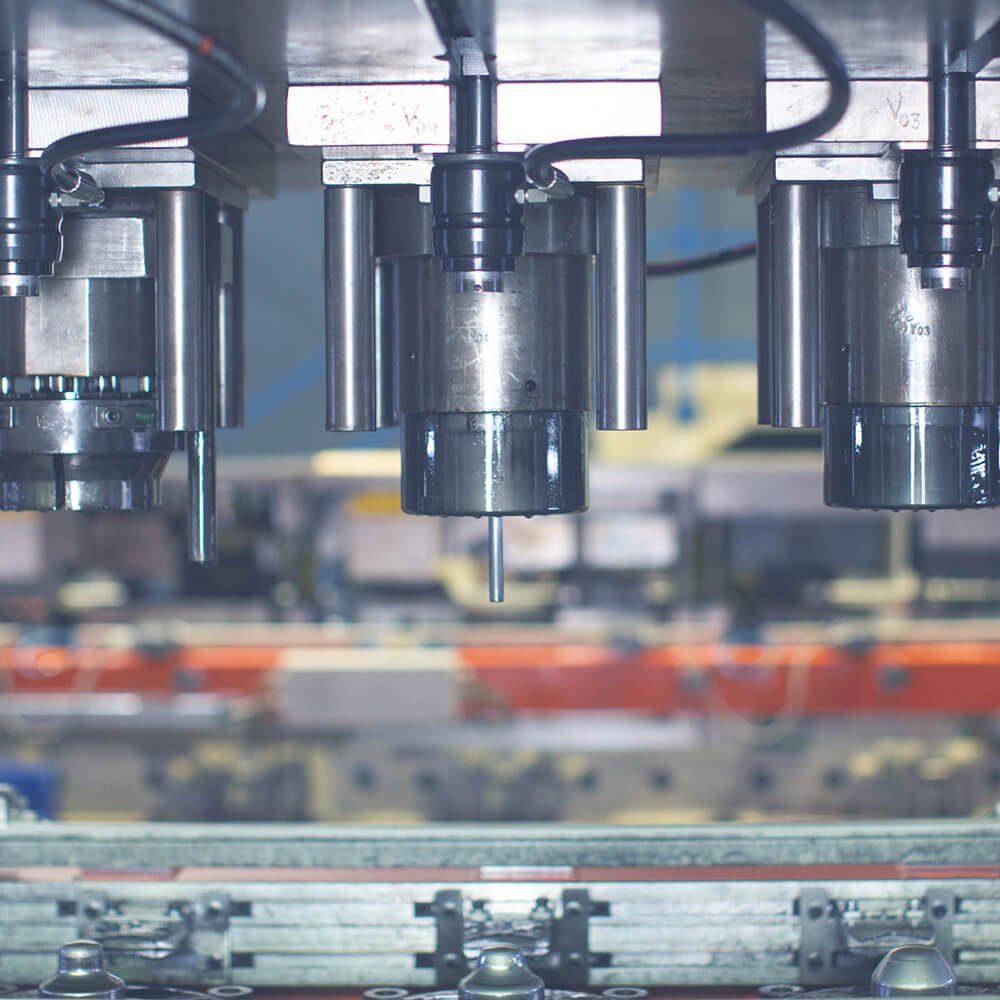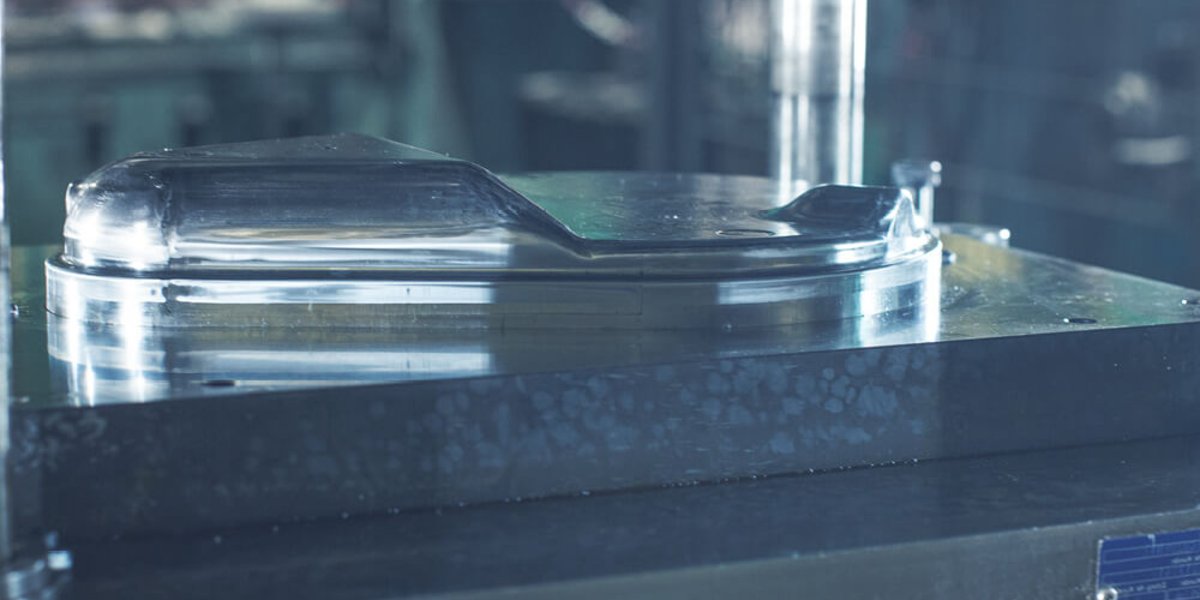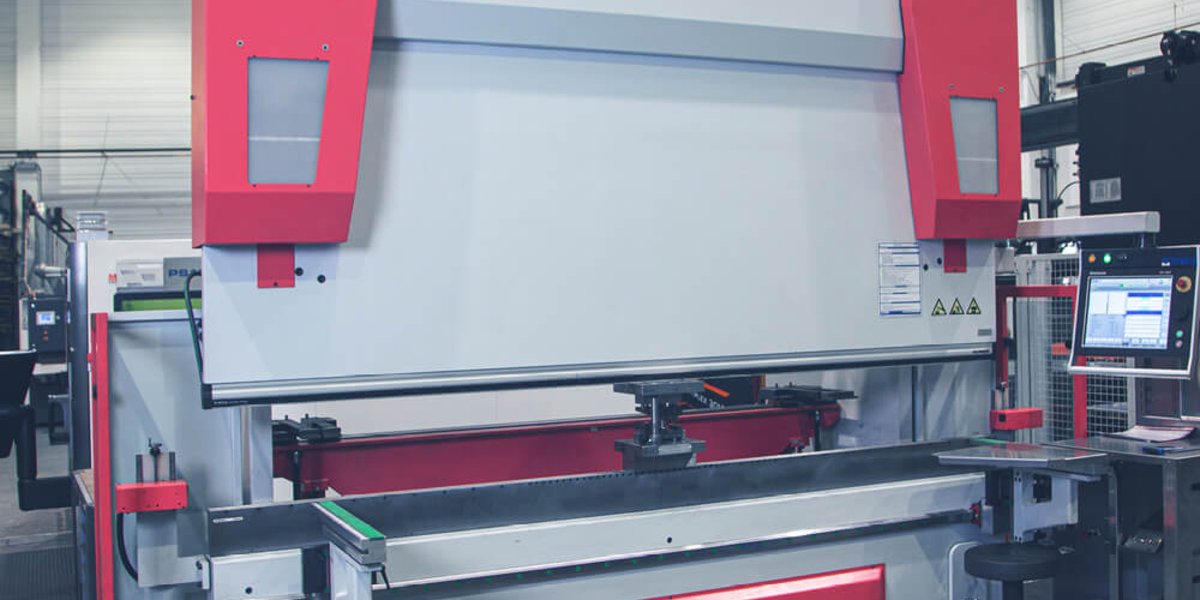Manufacturing PWS
We bring sheet metal into shape!
As a highly specialized partner in the field of forming technology, we offer you a wide range of manufacturing options in the areas of stamping, forming and deep drawing. Especially in the processing of stainless steels and special materials, we can demonstrate remarkable forming results.
The degree of forming, the dimensions as well as the technical requirements of your products determine the selection of the appropriate manufacturing process. PWS has the most modern servo - forming machines as well as automated punching machines with stepless frequency controlled drive and some hydraulic and eccentric presses.

![[Translate to English:] Bild von mehreren Werkstücken aus Metall in einer Maschine.](/fileadmin/_processed_/3/c/csm_content-017-umformtechnik11_148f18c13c.jpg)
